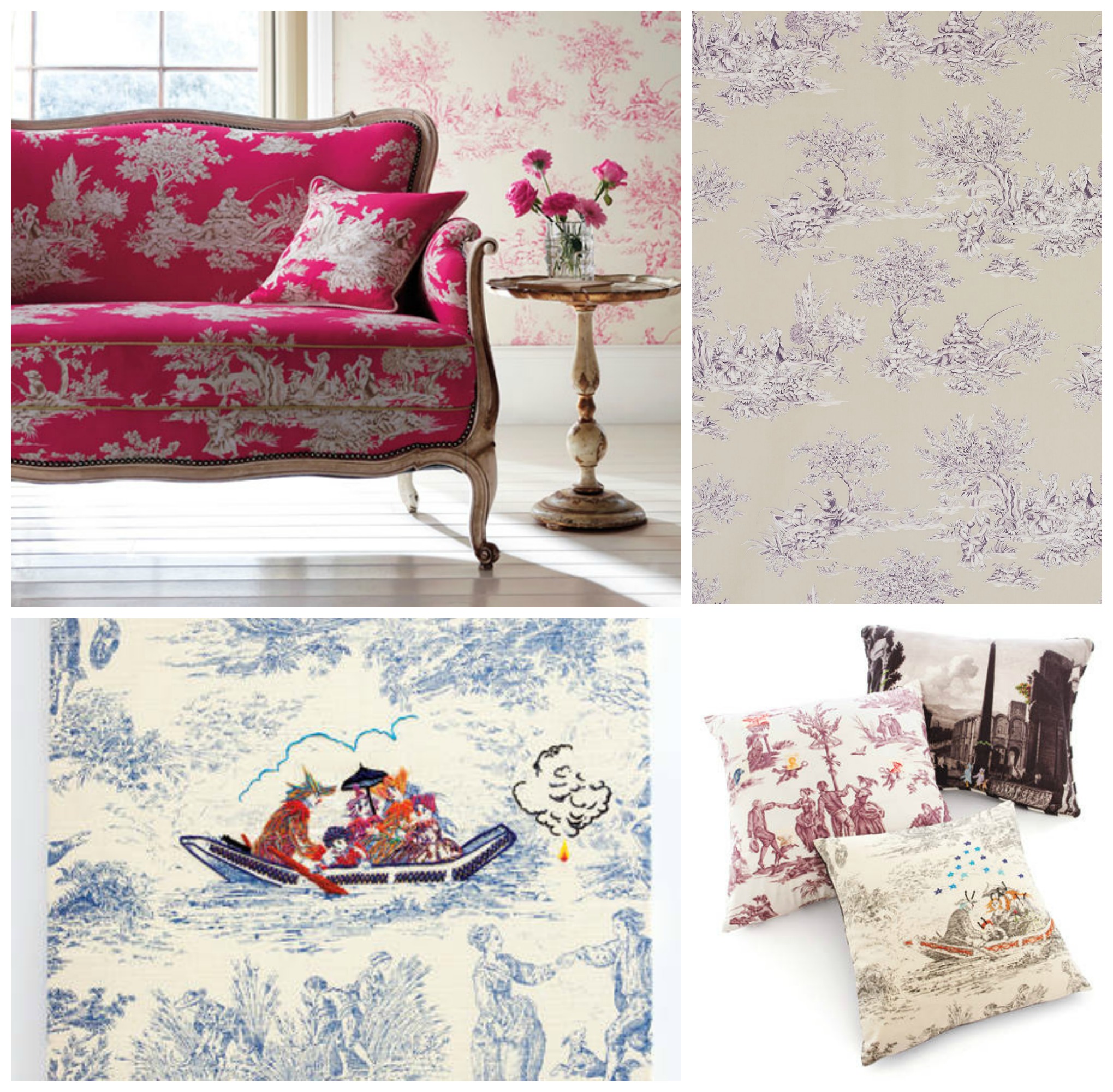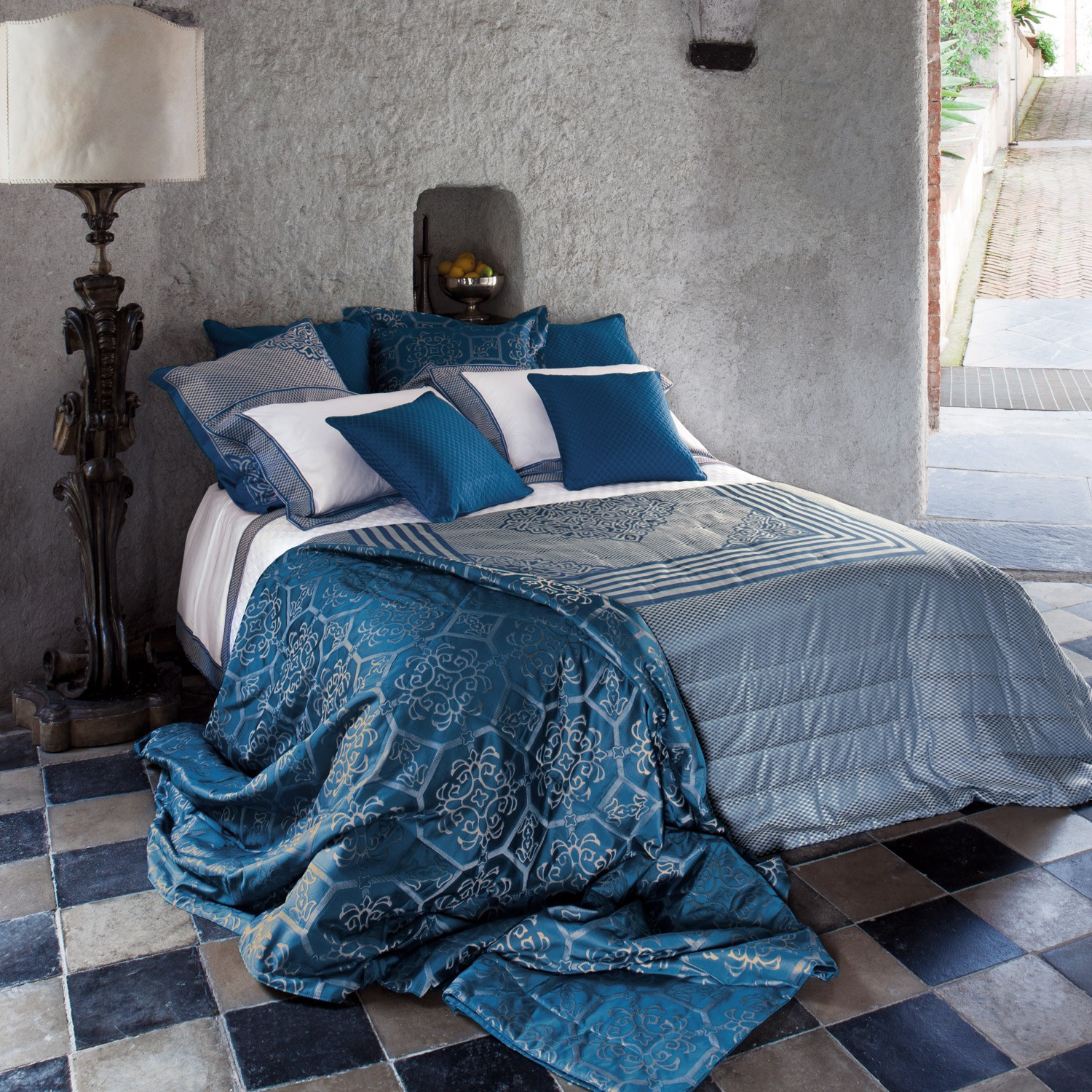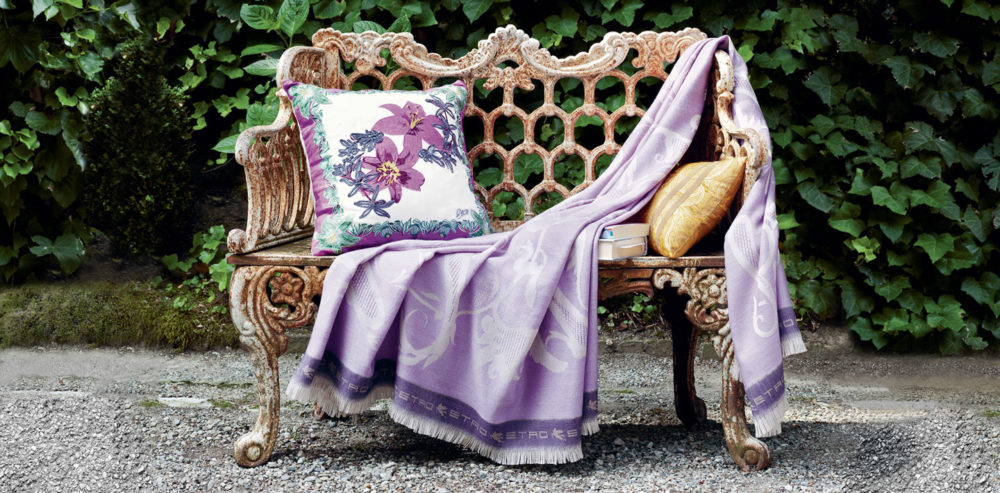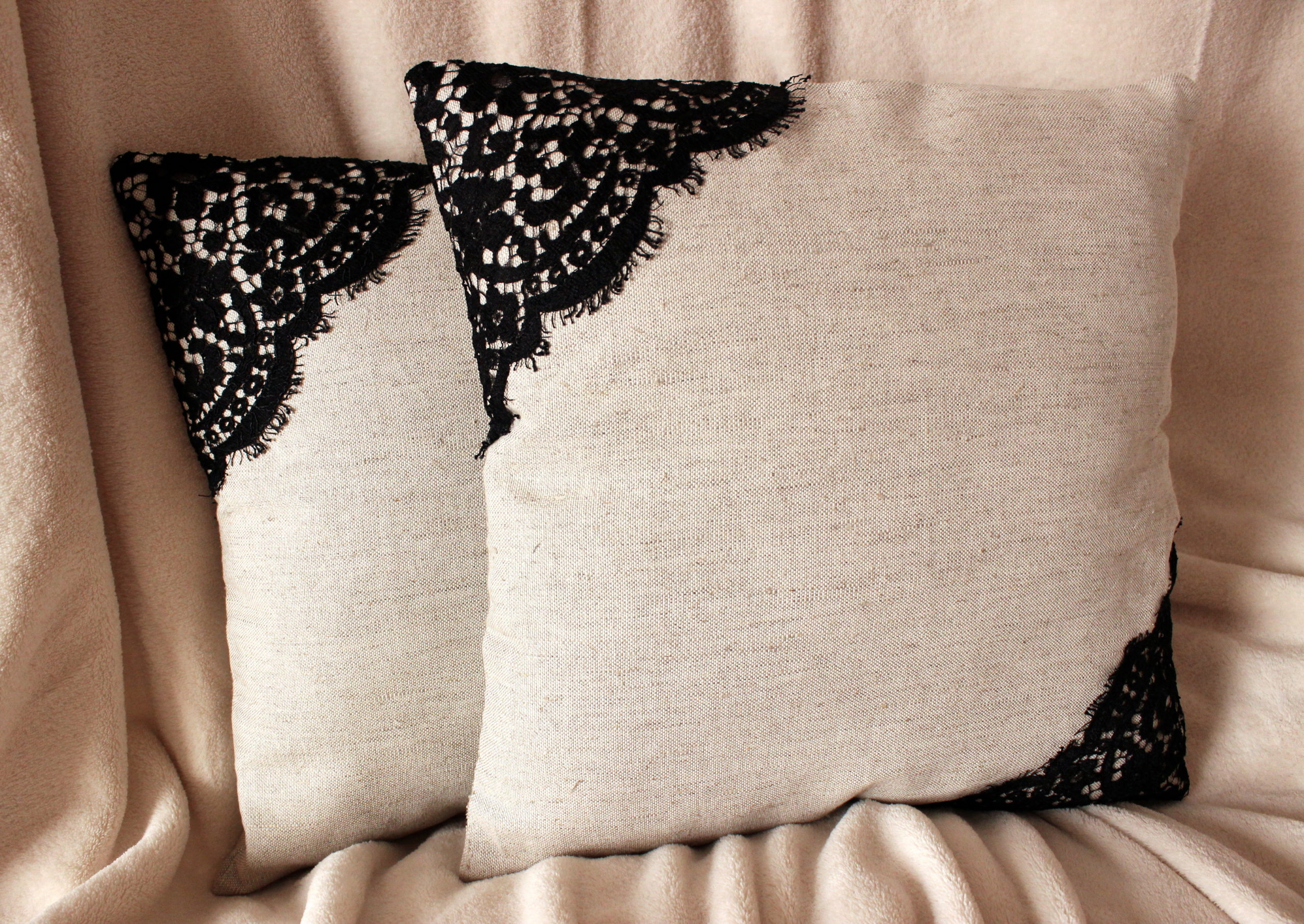Bedding Guide: Choosing Materials for a Good Night’s Sleep
There’s no doubt that a good night’s sleep is essential for our health, well-being, and overall life quality. While numerous factors play a role in achieving this – from room temperature to ambient noise – your choice of bedding can significantly influence the quality of your rest. It’s the material of your bedding that often makes all the difference. Today, we’ll take a look at the most popular bedding materials, their properties, and how they can affect your sleep.
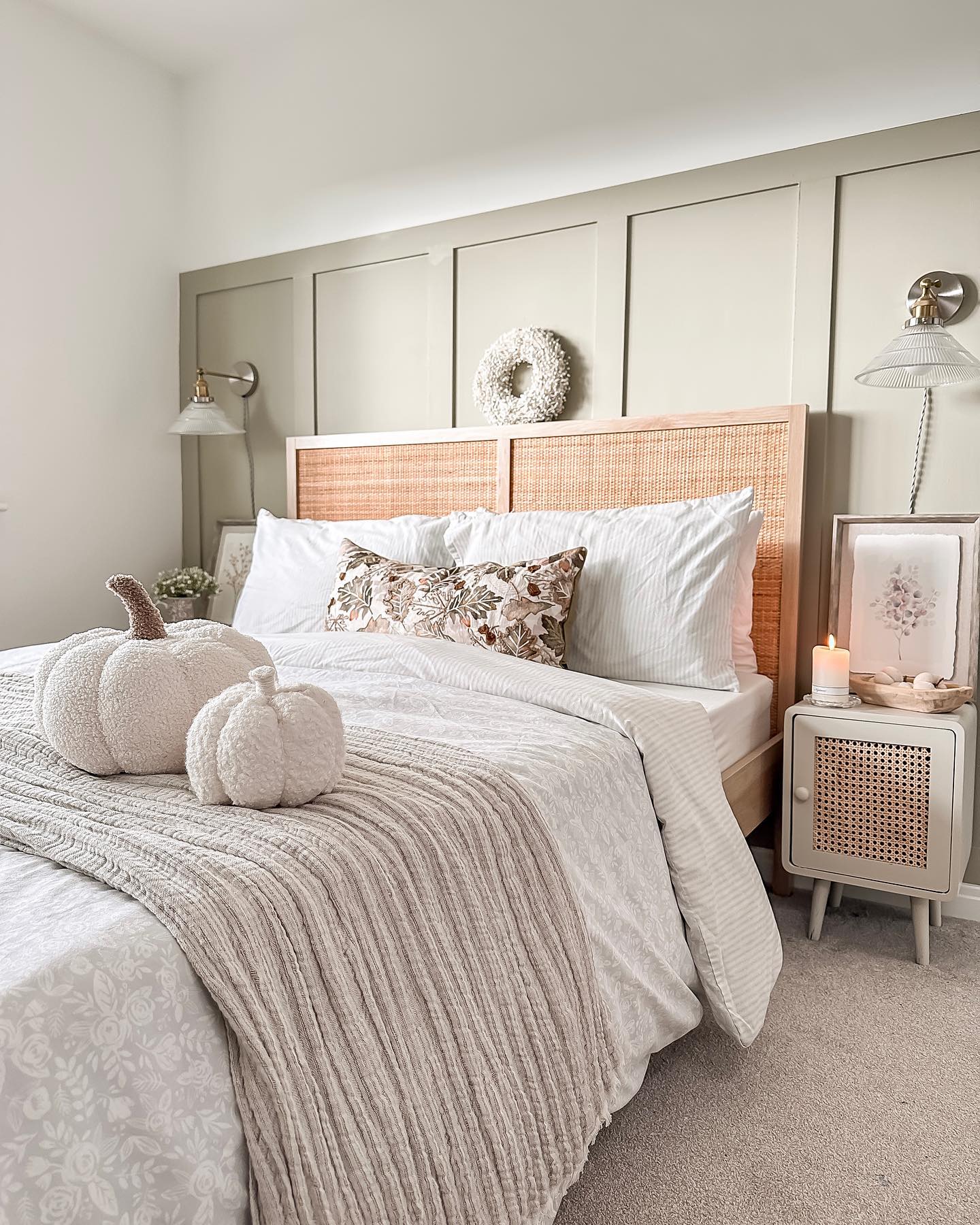
1. Cotton: The All-Time Favorite
Cotton stands as one of the most widely used luxury bedding materials worldwide. It’s no surprise, given its soft texture, breathability, and durability. The natural properties of cotton wick away moisture, making it perfect for those sweaty nights. Moreover, it’s available in various weaves, such as percale and sateen, allowing you to choose based on your comfort preference.
Pros: Breathable, soft, durable.
Cons: Can wrinkle easily, might not be warm enough for colder climates.
2. Linen: Naturally Cooling and Eco-Friendly
Derived from the flax plant, linen offers a unique combination of durability, breathability, and a natural, rustic appearance. Over time, linen softens, enhancing the comfort. It’s an eco-friendly option, and its temperature-regulating properties make it ideal for summer nights or hot sleepers.
Pros: Breathable, eco-friendly, long-lasting.
Cons: Wrinkles easily, might feel rough initially.
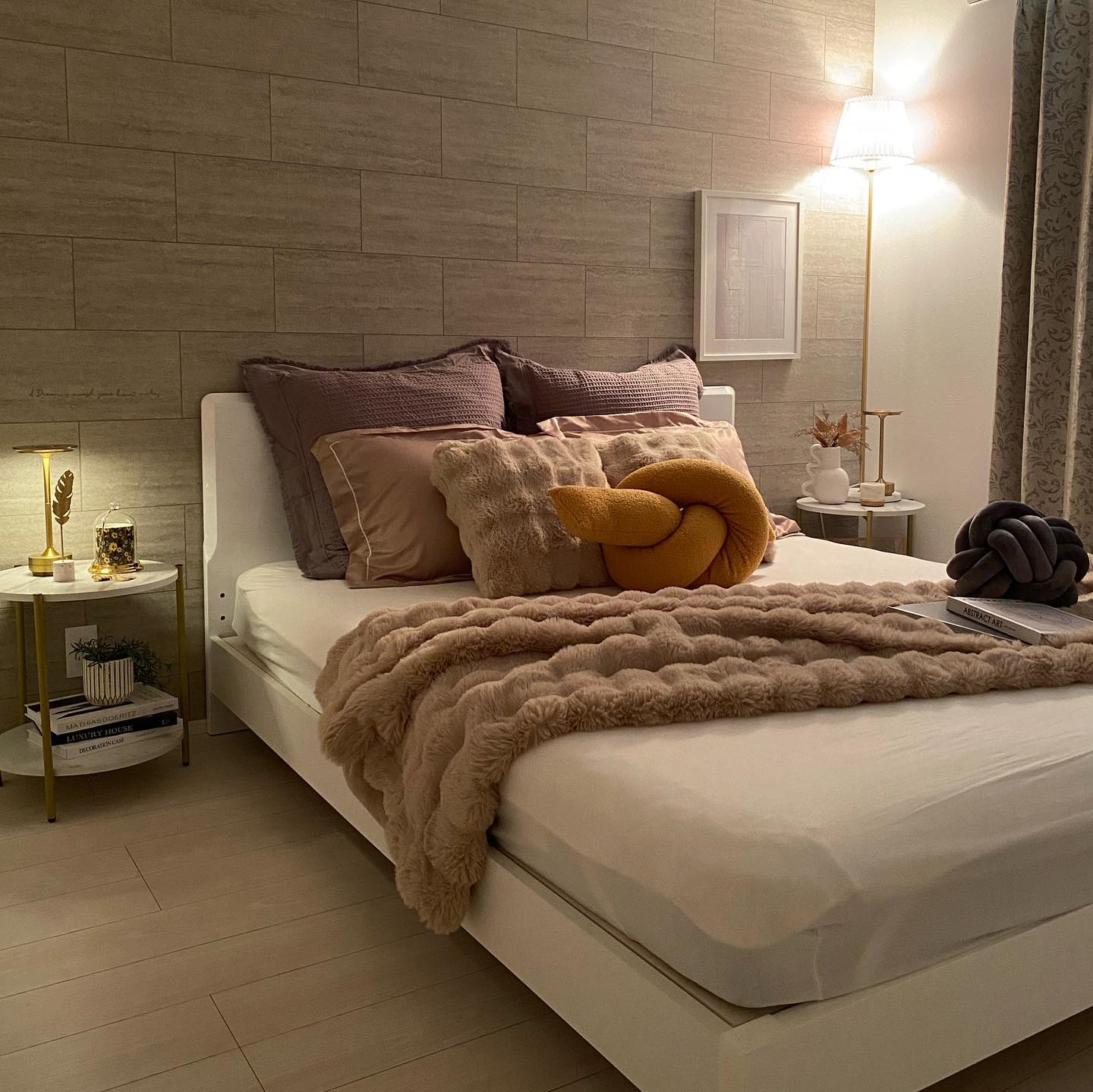
3. Silk: The Epitome of Luxury
Often considered the pinnacle of luxury in bedding materials, silk provides a soft, smooth feel against the skin. Beyond its luxurious touch, silk boasts hypoallergenic properties, making it perfect for those with sensitive skin or allergies. Its temperature-regulating abilities also suit both hot and cold sleepers.
Pros: Luxurious feel, hypoallergenic, temperature-regulating.
Cons: Delicate, requires careful maintenance, might be expensive.
4. Bamboo: The Sustainable Choice
In recent years, bamboo has made waves in the bedding industry. Derived from the bamboo plant, this material is eco-friendly, soft, and has moisture-wicking properties. Its natural antibacterial quality makes it a great choice for those prone to allergies or skin sensitivities.

Pros: Soft, eco-friendly, hypoallergenic.
Cons: May not be as durable as cotton, might feel too slippery for some.
5. Polyester and Blends: Affordability Meets Durability
If you’re on a budget but still yearn for a soft, durable option, consider polyester. Often blended with other materials like cotton, it offers a balanced combination of affordability and comfort. However, pure polyester may not be as breathable as natural fibers, making it less ideal for hot sleepers.
Pros: Affordable, wrinkle-resistant, durable.
Cons: Might not be as breathable as natural options, can retain heat.
Factors to Consider When Choosing Bedding Materials:
Your Sleep Temperature
Do you tend to be a hot sleeper, or do you always reach for an extra blanket? Your body temperature plays a pivotal role in your bedding material choice.
Allergies and Sensitivities
Some materials are naturally hypoallergenic. If you’re prone to allergies, materials like silk and bamboo might be preferable.
Aesthetic and Feel
The tactile and visual appeal of your bedding can significantly influence your overall bedroom ambiance and comfort. Some individuals have a specific preference for the sleek sheen of sateen cotton or the rustic texture of linen. The color and pattern of the material also contribute to the room’s aesthetics, potentially impacting your mood and sleep. Your bedding should be a reflection of your personal style and should create an environment conducive to relaxation.
Maintenance
How often do you intend to replace your bedding? While some fabrics are machine-wash friendly, others like silk require more delicate handling. Think about your willingness to spend time on care. Factors like pilling, fading, and wear-and-tear are essential to consider. Investing in durable bedding materials may have a higher initial cost, but can prove to be cost-effective in the long run.

Budget
While it’s tempting to splurge on luxury, there are plenty of affordable options that provide comfort and durability. Always consider the long-term investment versus the initial cost.
Environmental Impact
If sustainability is a priority for you, opt for eco-friendly materials like bamboo or linen.
The journey to a restful night begins with the right choice of bedding material. Consider your personal preferences, sleep habits, and any specific needs before making a decision. Remember, sleep is not just about quantity, but quality. Invest wisely in your bedding, and you’re already on the path to dreamier nights.

